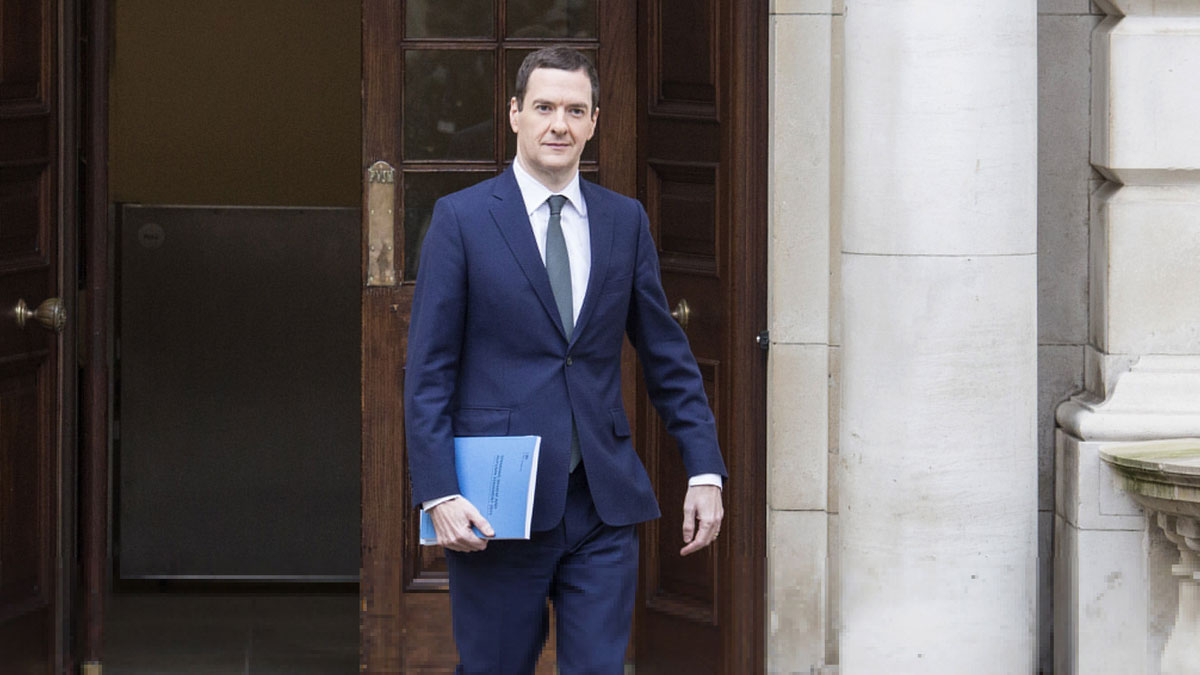Autumn Statement 2015: Help to Buy schemes extended
Five-point plan will see more help for squeezed prospective buyers – and a surprising new clampdown on landlords

A free daily email with the biggest news stories of the day – and the best features from TheWeek.com
You are now subscribed
Your newsletter sign-up was successful
George Osborne put home ownership at the centre of his bid to reclaim the hearts and minds of the "strivers" in Britain, with a major boost in funding for housebuilding and further support for prospective buyers.
In an Autumn Statement that contained a shock U-turn on planned cuts to tax credits that had so discredited the chancellor's claim to represent a "one nation" economic vision, Osborne announced a major extension of the popular Help to Buy scheme.
Under the new plans the core equity loan element that provides a loan from the government to top up small deposits, will be extended to 2021. There will also be a new branch of the programme targeted at London, where the average home is worth more than twice what it is in the rest of the country. There the scheme will provide a loan of up to 40 per cent of the property value instead of the existing 20 per cent.
The Week
Escape your echo chamber. Get the facts behind the news, plus analysis from multiple perspectives.

Sign up for The Week's Free Newsletters
From our morning news briefing to a weekly Good News Newsletter, get the best of The Week delivered directly to your inbox.
From our morning news briefing to a weekly Good News Newsletter, get the best of The Week delivered directly to your inbox.
The London loan scheme will operate under the same limitations as its nationwide counterpart, with the buyer needing a deposit of five per cent and a cap on the property value of up to £600,000. The loan will still be interest-free for five years and buyers will be eligible if they have saved their deposit with the help of the government's incoming Help to Buy Isa.
The controversial extension of Right to Buy was also confirmed and Osborne announced that the first pilot, with five housing associations, would begin at midnight tonight. Buyers will be able to get a discount of £77,900, or £103,900 in London, off of their home – and councils will be required to sell high-value properties to pay for replacement affordable homes. Campaigners have previously vowed to challenge the reforms, as most housing associations are independent charities.
To head off criticism that these measures would merely stimulate already high demand without boosting supply – and fuel house price inflation – Osborne also announced two measures to boost housebuilding.
The first is a doubling of the housing budget to £2.3bn, which will directly fund the building of 60,000 of 200,000 planned new 'starter' homes that will be sold at a discount to first-time buyers. He will also relax planning laws and rules on bidding for government funding, to encourage housebuilders to pick up the slack and deliver a total of 400,000 new affordable homes by 2020.
A free daily email with the biggest news stories of the day – and the best features from TheWeek.com
Housebuilders have been boosted by the announcements, which include government support likely to total around £9bn. Taylor Wimpey, Barrett Developments and Persimmon shares are all in the top ten list of risers on the FTSE-100 with gains in excess of ten per cent.
Labour's John McDonnell countered in his response to the speech that Osborne's previous pledges to boost housing supply have failed – and that in fact figures show the industry could be heading into recession this year.